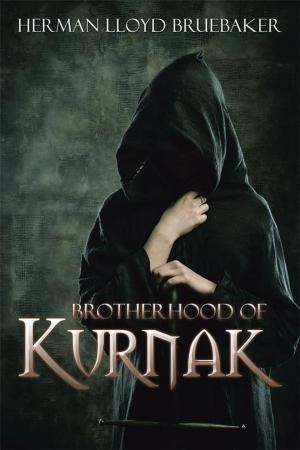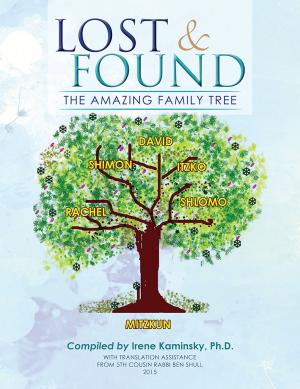Noble Sentiments of the Soul
The Civil War Letters of Joseph Dobbs Bishop, Chief Musician, 23Rd Connecticut Volunteer Infantry, 1862-1863
Fiction & Literature, Essays & Letters| Author: | Carol Brockway-Lieto, Michael Barton, Walter Reid Brockway | ISBN: | 9781514404058 |
| Publisher: | Xlibris US | Publication: | October 8, 2015 |
| Imprint: | Xlibris US | Language: | English |
| Author: | Carol Brockway-Lieto, Michael Barton, Walter Reid Brockway |
| ISBN: | 9781514404058 |
| Publisher: | Xlibris US |
| Publication: | October 8, 2015 |
| Imprint: | Xlibris US |
| Language: | English |
While Joseph Dobbs Bishop was serving in Louisiana with the 23rd Connecticut Volunteer Infantry, he wrote letters ceaselessly to his wife and children. In several ways, his correspondence is typical of Civil War soldiershe sends news of his comrades, he mentions his duties (he was a musician as well as an infantryman), he observes the landscape, complains about weather, illness, boredom, and homesickness, and longs for more letters from his wife. But Bishops letters go beyond typical to remarkable. He shows conflicting feelings about the war as time passes, he expresses startling opinions about slavery and emancipation, and above all, he fills his pages with passion for his spouse. Indeed, his correspondence goes beyond romantic, such that it might even be called erotic and hence a complete surprise to the modern audience. Bishops letters are tragic too, so there is a complete range of emotions to appreciate here. In short, the war is not the point of these soldiers letters; their point is the soldiers heart.
While Joseph Dobbs Bishop was serving in Louisiana with the 23rd Connecticut Volunteer Infantry, he wrote letters ceaselessly to his wife and children. In several ways, his correspondence is typical of Civil War soldiershe sends news of his comrades, he mentions his duties (he was a musician as well as an infantryman), he observes the landscape, complains about weather, illness, boredom, and homesickness, and longs for more letters from his wife. But Bishops letters go beyond typical to remarkable. He shows conflicting feelings about the war as time passes, he expresses startling opinions about slavery and emancipation, and above all, he fills his pages with passion for his spouse. Indeed, his correspondence goes beyond romantic, such that it might even be called erotic and hence a complete surprise to the modern audience. Bishops letters are tragic too, so there is a complete range of emotions to appreciate here. In short, the war is not the point of these soldiers letters; their point is the soldiers heart.















